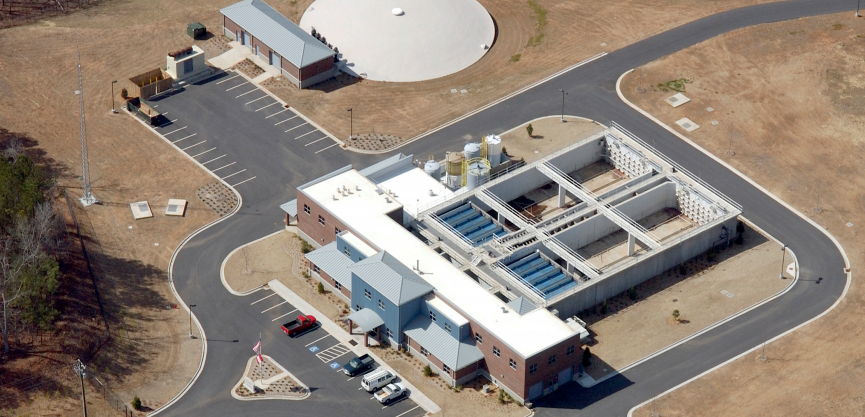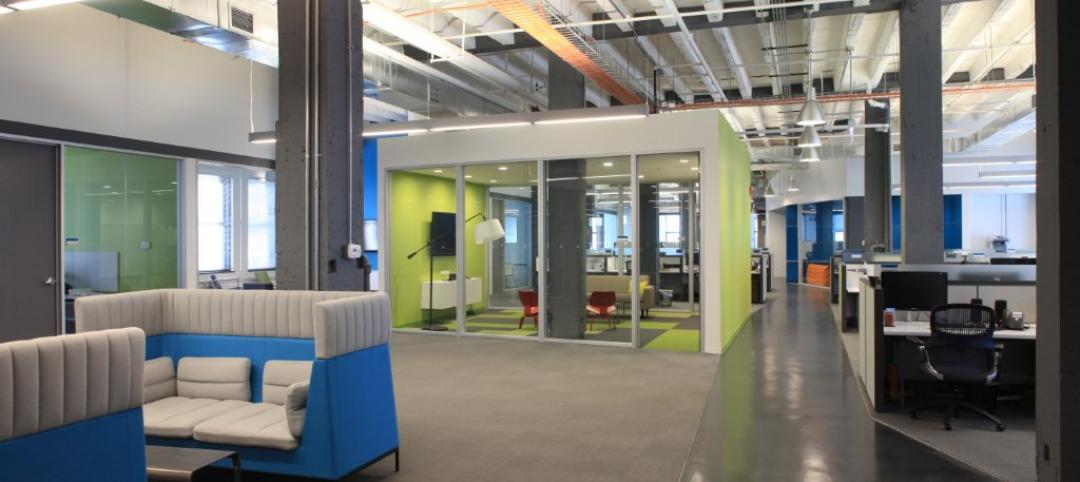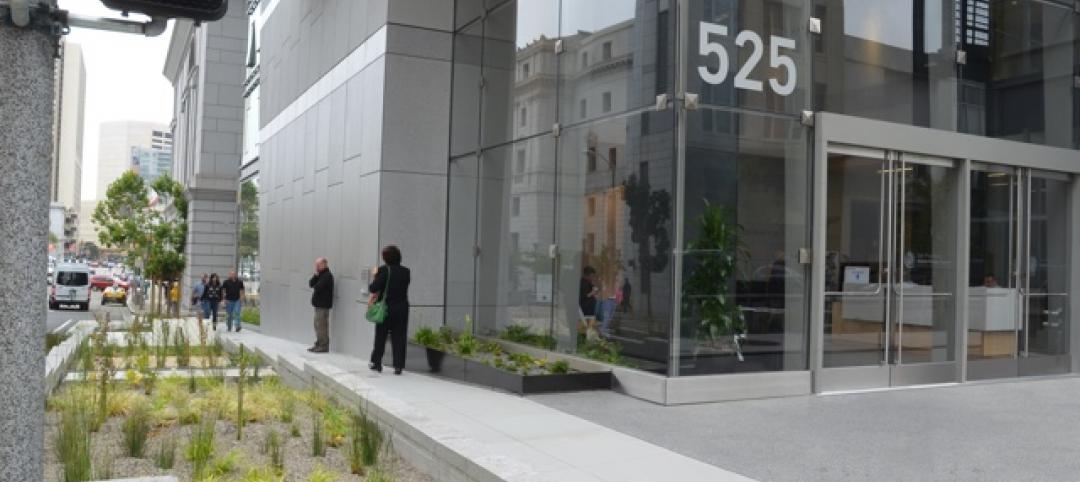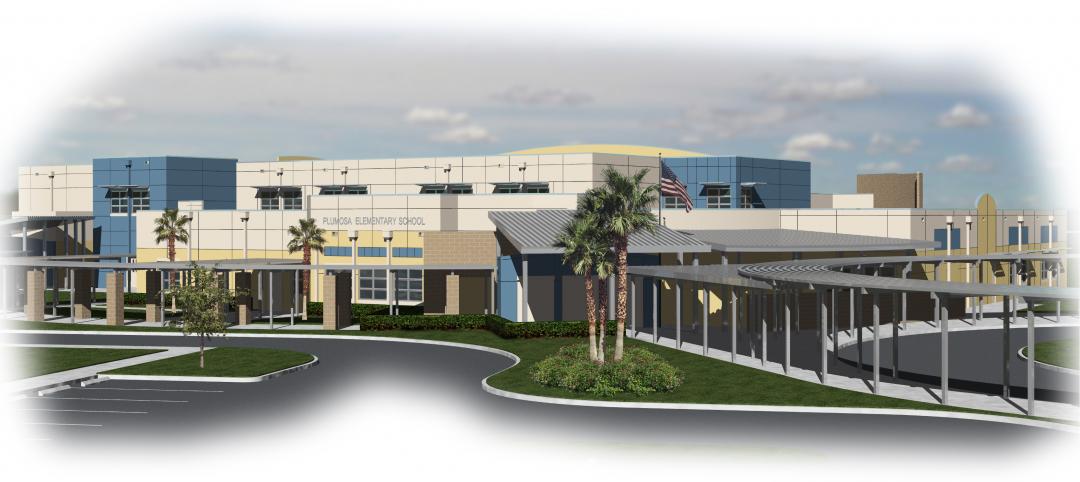Goodwyn, Mills and Cawood, the Montgomery, Ala.-based architecture and engineering outfit, strengthened its position in Georgia by completing its acquisition of Smyrna, Ga.-based Stevenson & Palmer Engineering, which has been in business in the Peach State for more than 50 years.
The two firms have been collaborators for at least the past two years, and currently have several projects underway. Teams from both companies have been working on an integration strategy to ensure a smooth transition.
Stevenson & Palmer’s 22 employees will continue to provide engineering support services from their company’s four Georgia offices, albeit under the name Goodwyn, Mills and Cawood, which already had an office in Atlanta. “The SPE team is still in place—we’ve just added a few names and a new list of services to our resume,” said Corkey Welch, Stevenson & Palmer’s former President, who is staying on as a Senior Client Manager for the combined firm. That team now reports to Jim Teel, Goodwyn, Mills’ Vice President of Georgia.
Founded in 1947, Goodwyn, Mills and Cawood employs more than 300 people who work out of its dozen offices in Georgia, Tennessee, Alabama, and South Carolina. The company assembled its Georgia team in 2011. Steve Cawood, President of the firm’s Eastern Region, which encompasses its operations in Georgia and South Carolina, spearheaded the negotiations between the two companies, which began two years ago, says Abby Basinger, a GMC spokesperson.
Its services include environmental, geotechnical, interior design, landscape, planning, surveying, and transportation. This month, GMC started construction on a 140,000-sf, $55 million football complex at Clemson University that is scheduled to open in early 2017. The firm is also in the planning stages of a $29 million expansion and upgrade of Franklin High School in Williamson County, Tenn., which if greenlighted would include more classrooms, a new athletic facility, and multipurpose field and track.
Basinger says GMC, which does work nationally, has no immediate plans to open new offices. But she also points out that GMC has customers in Mississippi and North Carolina, “so you never know.”
Related Stories
| Jul 3, 2012
Trimble to acquire WinEstimator
Acquisition adds estimating software solutions to Meridian Systems’ portfolio.
| Jul 3, 2012
Summit Design+Build completes Emmi Solutions HQ
The new headquarters totals 20,455 sq. ft. and features a loft-style space with exposed masonry and mechanical systems, 17-ft clear ceilings, two large rooftop skylights, and private offices with full glass partition walls.
| Jul 3, 2012
TOLK now called Dewberry
The renaming indicates a simplification in Dewberry’s corporate naming conventions.
| Jul 2, 2012
Bernards building mixed-use project in Beverly Hills
The project includes 88 luxury apartment homes atop a 14,000-sf Trader Joe’s market and a new coffee shop.
| Jul 2, 2012
San Francisco lays claim to the greenest building in North America
The 13-floor building can hold around 900 people, but consumes 60% less water and 32% less energy than most buildings of its kind.
| Jul 2, 2012
Plumosa School of the Arts earns LEED Gold
Education project dedicated to teaching sustainability in the classroom.
| Jun 29, 2012
SOM writes a new chapter at Cincinnati’s The Christ Hospital
The 332,000–sf design draws on the predominantly red brick character of The Christ Hospital’s existing buildings, interpreting it in a fresh and contemporary manner that fits well within the historic Mt. Auburn neighborhood while reflecting the institution’s dedication to experience, efficiency, flexibility, innovation and brand.
| Jun 29, 2012
Benjamin Moore Paints announces new CEO
Robert S. Merritt comes to Benjamin Moore with over three decades of management experience in the restaurant and food preparation and distribution industries
| Jun 29, 2012
Guardian launches industry’s first glass visualizer for interior design
Online tool allows designers to explore the possibilities of glass.
| Jun 28, 2012
Federal applications of renewable energy
U.S. Army Fort Knox: Using the Earth for space heating and cooling. The U.S. Department of Energy’s (DOE) Federal Energy Management Program (FEMP) facilitates the Federal Government’s implementation of sound, cost-effective energy management and investment practices to enhance the nation’s energy security and environmental stewardship.

















